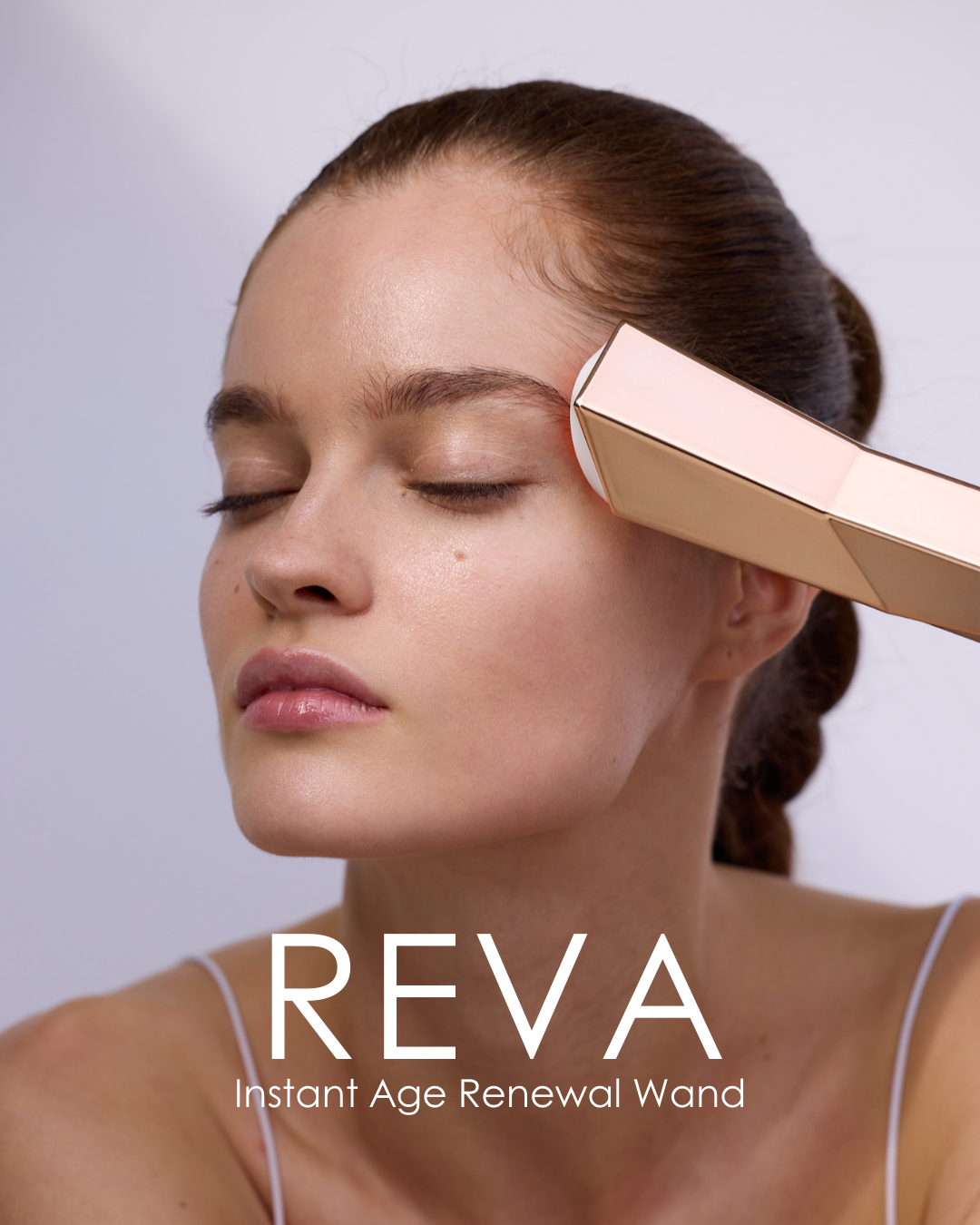
Youthful Skin: How to Combat Aging Skin and Look Your Best
IN THIS ARTICLE:
- 01 What causes aging skin?
- 02 How can I combat the signs of aging?
- 03 What ingredients should I look for in anti-aging skincare?
- 04 Can lifestyle factors affect aging skin?
- 05 How often should I change my skincare routine as I age?
Aging is a natural part of life, but that doesn't mean we have to accept wrinkles, fine lines, and other signs of aging without a fight. In this article, we'll answer some of the most common questions about aging skin, including what causes it, how to combat the signs of aging, and what ingredients to look for in anti-aging skincare. We'll also introduce collagen-boosting treatments and powerful anti-aging ingredients as a solution for younger-looking skin.
What causes aging skin?

Aging skin is caused by a combination of factors, including genetics, sun damage, pollution, and lifestyle factors like smoking and poor diet. As we age, our skin produces less collagen and elastin, two key proteins responsible for firmness and elasticity. This can lead to wrinkles, sagging skin, and other signs of aging.
How can I combat the signs of aging?

There are many different ways to combat the signs of aging, from simple lifestyle changes to advanced skincare treatments. Protecting your skin from sun damage by wearing sunscreen and avoiding tanning beds is a crucial step in preventing wrinkles and other signs of aging. Regular exercise, a healthy diet, and stress management can also help to slow down the aging process. In terms of skincare, look for products that contain powerful anti-aging ingredients like retinol, vitamin C, and peptides. Collagen-boosting treatments like microneedling and radiofrequency can also help to firm and tighten the skin.
What ingredients should I look for in anti-aging skincare?
When it comes to anti-aging skincare, look for products that contain ingredients like retinol, vitamin C, and peptides. Retinol, a derivative of vitamin A, can help to increase cell turnover and reduce the appearance of fine lines and wrinkles. Vitamin C is a powerful antioxidant that can help to brighten the skin and protect it from free radical damage. Peptides are small chains of amino acids that can help to boost collagen production and firm the skin.
Can lifestyle factors affect aging skin?

Yes, lifestyle factors like smoking, poor diet, and lack of exercise can all contribute to aging skin. Smoking can lead to wrinkles and sagging skin, while a diet high in sugar and processed foods can cause inflammation and accelerate aging. Regular exercise can help to increase blood flow and oxygenation to the skin, while stress management can help to prevent premature aging.
How often should I change my skincare routine as I age?
As we age, our skin's needs can change, so it's important to reassess our skincare routine every few years. Generally, you should switch to more hydrating and nourishing products as you age to help combat dryness and other signs of aging. Pay attention to your skin's needs and adjust your routine accordingly.
Don't let the natural signs of aging hold you back from feeling confident in your own skin. If you're looking for a solution to combat the effects of aging, red LED light therapy may be just what you need. By understanding the benefits and potential risks, as well as proper usage of a red LED light device, you can make an informed decision about whether it's the right solution for you. Take control of your skincare routine today and explore the power of red LED light therapy to help achieve a more youthful, radiant complexion.

written by Olivia Khader














Leave a comment
This site is protected by hCaptcha and the hCaptcha Privacy Policy and Terms of Service apply.